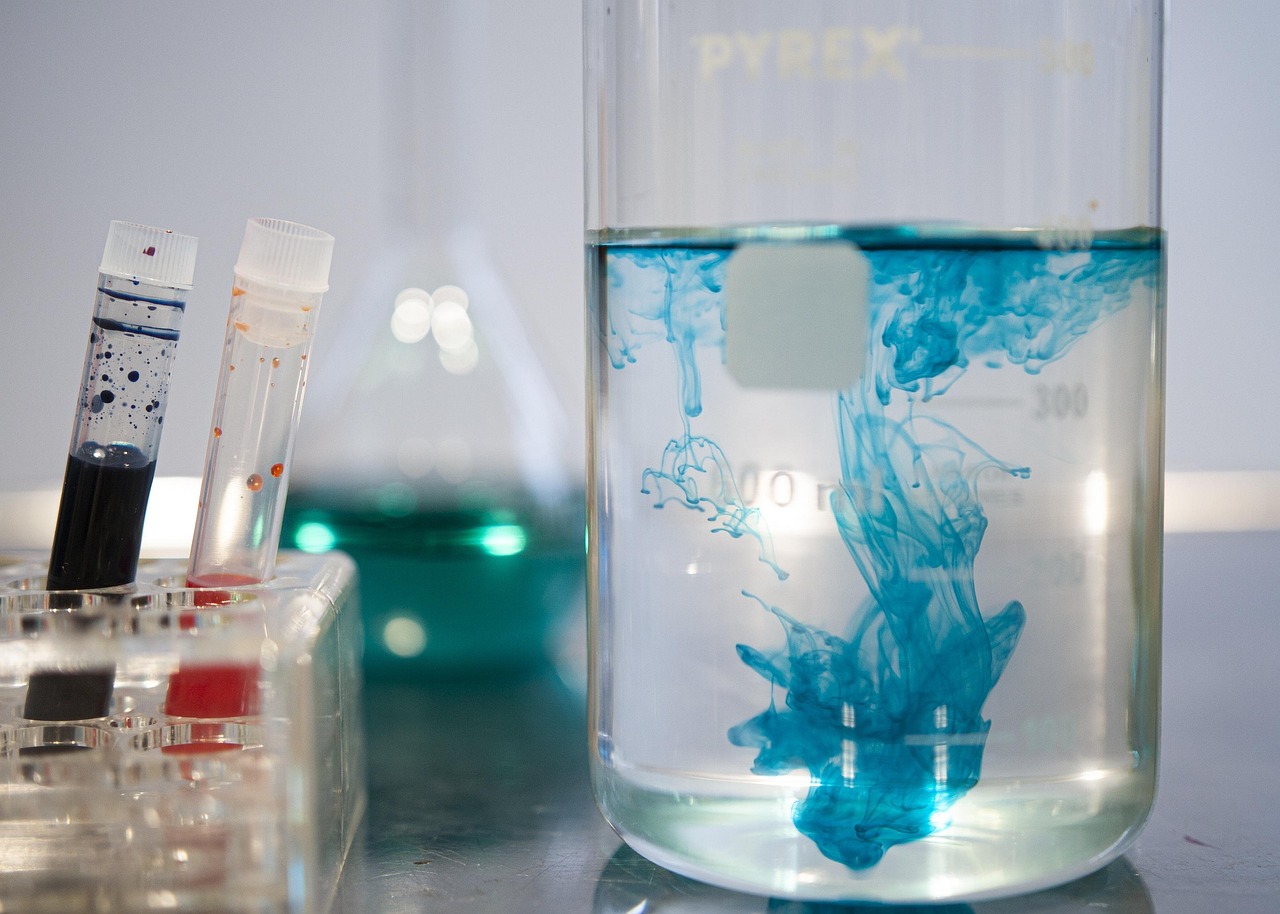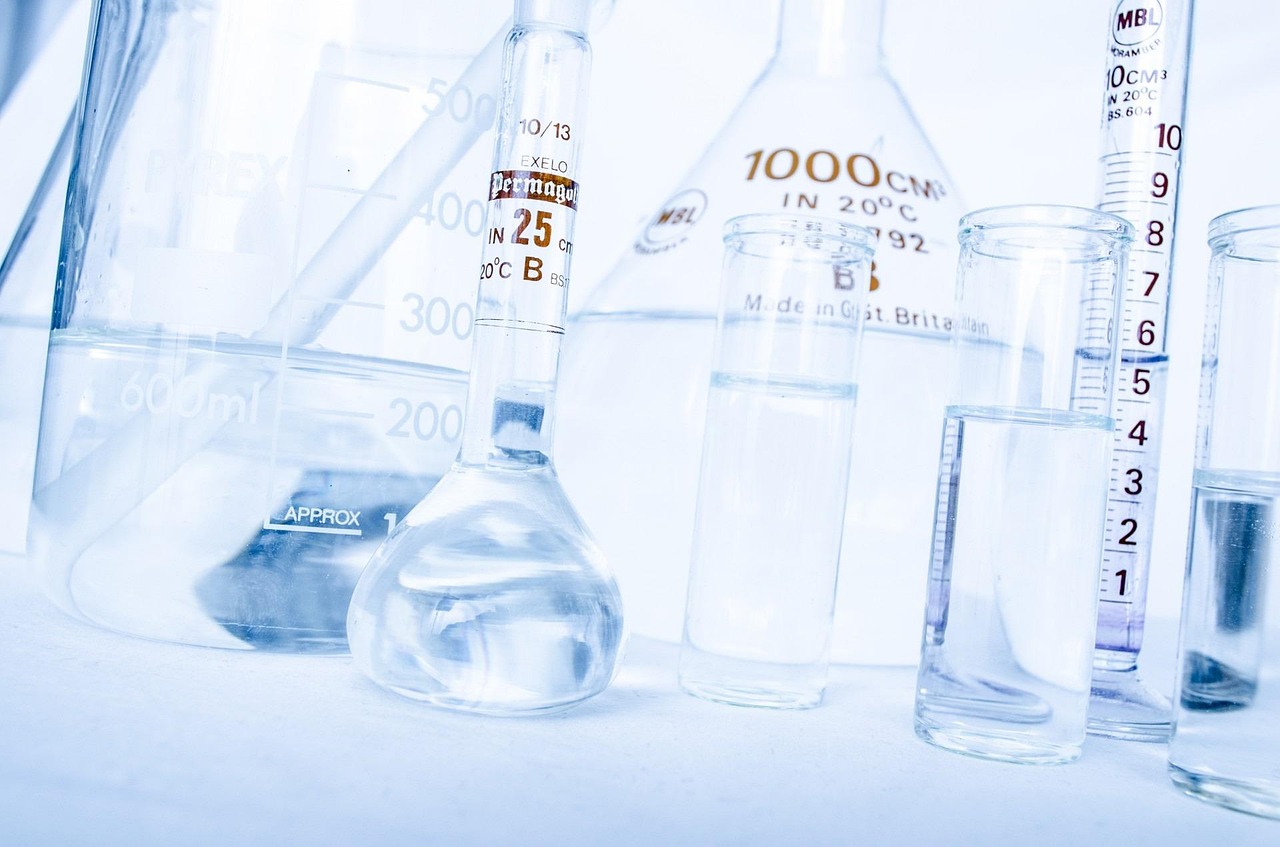Consumers are more curious than ever about the ingredients in their food in today’s health-conscious society. Understanding nutrition has become crucial for people, companies, and regulatory agencies due to the rise in obesity, chronic illnesses, and lifestyle-related health problems. A nutrition testing lab is essential in this situation.
What is a Nutrition Testing Lab?
To ascertain the nutritional value of food, drinks, and supplements, a specialized nutrition testing lab performs in-depth analyses. These labs measure the amounts of macro and micronutrients, including proteins, lipids, carbs, vitamins, and minerals, using cutting-edge scientific techniques and apparatus. Providing accurate and trustworthy data that customers, regulators, and manufacturers can rely on is the aim.
As a subcategory of food testing, nutrition testing focuses exclusively on nutritional factors rather than pollutants or safety standards. It entails both qualitative and quantitative analysis, and the outcomes are frequently applied to research and development, food legislation, and product labeling.
Why is a Nutrition Testing Lab Important?
1. Ensures Label Accuracy
Verifying the accuracy of the nutritional labels on food packaging is one of the main goals of nutrition testing. Products with incorrect labels might spread false information and potentially endanger the health of people who have certain dietary requirements. In many nations, accurate labeling is required by law in addition to being a matter of consumer confidence.
2. Regulatory Compliance
Regulatory agencies such as the European Food Safety Authority (EFSA), the U.S. Food and Drug Administration (FDA), and the Food Safety and Standards Authority of India (FSSAI) have established rules that food makers must follow. By providing recognized testing services that adhere to national and international standards, a nutrition testing lab assists companies in meeting these requirements.
3. Supports Product Development
Regulatory agencies such as the European Food Safety Authority (EFSA), the U.S. Food and Drug Administration (FDA), and the Food Safety and Standards Authority of India (FSSAI) have established rules that food makers must follow. By providing recognized testing services that adhere to national and international standards, a nutrition testing lab assists companies in meeting these requirements.
4. Aids in Marketing and Branding
Verified nutritional information gives brands a competitive edge as consumers’ demands for transparency and health-conscious options grow. By offering the scientific proof required to back up marketing claims like “rich in vitamin C,” “low fat,” or “high in protein,” a nutrition testing lab helps to increase consumer trust and brand credibility.

5. Helps Consumers Make Informed Choices
Consumers of today take an active approach to their health and well-being. They carefully read labels and base their purchases on the nutritional content. Nutrition testing labs enable consumers to make decisions that support their health objectives by guaranteeing that items are appropriately tested and labeled.
6. Detects Nutritional Degradation Over Time
Because of things like shelf life, transit, and storage, nutrition isn’t constant. Manufacturers can establish precise expiration dates and storage instructions by using labs to track how nutrients deteriorate over time. This guarantees that customers get goods that are as nutrient-dense as advertised.
7. Essential for Export
Nutrition testing is frequently required for businesses that export food items. Nutritional standards and labeling regulations vary by nation. By ensuring that goods fulfill the particular standards of the country of destination, a certified lab helps to prevent delays, fines, or customs rejections.
Types of Nutrition Tests Conducted
Nutrition Testing Labs offer a wide range of services depending on the type of food or supplement being analyzed. Some common tests include:
- Proximate Analysis: Determines moisture, ash, protein, fat, fiber, and carbohydrate content.
- Vitamin Testing: Measures levels of essential vitamins like A, C, D, E, and B-complex.
- Mineral Analysis: Detects calcium, iron, magnesium, potassium, zinc, etc.
- Fatty Acid Profiling: Identifies saturated, unsaturated, and trans fats.
- Amino Acid Profiling: Determines essential and non-essential amino acid content.
- Calorific Value: Calculates the energy provided by the food item.
Who Needs Nutrition Testing Lab Services?
- Food Manufacturers: For labeling, quality control, and new product development.
- Supplement Companies: To verify nutrient claims and ensure regulatory compliance.
- Restaurants and Food Chains: For transparency and to cater to health-conscious consumers.
- Exporters: To meet international labeling and regulatory requirements.
- Retailers and E-commerce Platforms: To validate product claims and maintain quality assurance.
Choosing the Right Nutrition Testing Lab
When selecting a lab, it’s essential to look for the following:
- Accreditation: Ensure the lab is accredited by NABL, ISO, or other relevant bodies.
- Technology & Equipment: Advanced instruments like HPLC, GC-MS, and ICP-OES ensure more accurate results.
- Turnaround Time: Choose a lab that offers timely results without compromising on quality.
- Cost-Effectiveness: Look for transparent pricing without hidden charges.
- Expertise: A lab with qualified scientists and experience in your specific industry can provide better insights.
Final Thoughts
In an era where health and transparency are more important than ever, the role of a Nutrition Testing Lab is indispensable. From ensuring compliance and building trust to aiding innovation and safeguarding consumer health, these labs provide the foundation for a safer and healthier food ecosystem. Whether you’re a manufacturer, exporter, or health-conscious consumer, understanding and utilizing nutrition testing can bring immense value in making informed and responsible choices.










